Top 10 Foods and Drinks High in Caffeine
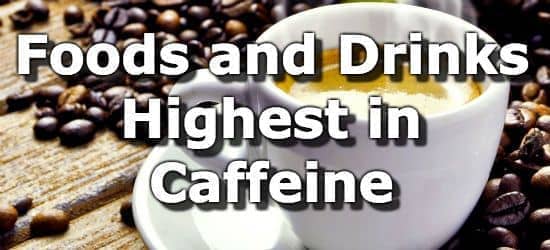
Caffeine is a chemical naturally found in several plant foods and drinks. Synthetic supplemental forms of caffeine are also produced and added to foods.
Due to caffeine's stimulating and addictive qualities, it is finding its way into more and more unhealthy foods including sodas, candies, and energy drinks.
The health benefits of caffeine depend on the amount consumed and the health of the individual. (1) Health benefits of moderate caffeine intake not exceeding 4 cups of coffee or 400mg of caffeine include reduced risk of cancer, neurodegenerative diseases, and heart disease. (2,3)
Adverse side effects of too much caffeine include headache, migraine, insomnia, anxiety, and heart palpitations. (1,2) Due to these negative effects, pregnant women and small children should limit their intake of caffeine. (1,4)
The upper intake limit (UL) of caffeine intake is 400mg for adults and less than 85mg for kids. (5)
Some of the highest caffeine foods and drinks include chocolate-covered coffee beans, coffee, energy drinks, espresso, sodas, green tea, black tea, dark chocolate, coffee liqueur, and baked goods containing chocolate.
For all these foods and drinks the amount of caffeine is an average number. The actual amount of caffeine can vary based on how strongly tea or coffee is brewed, and how much caffeine is added to various colas and energy drinks.
To find even more foods high in caffeine see the nutrient ranking of over 200 foods and drinks high in caffeine.
-
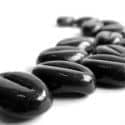 1. Dark Chocolate Coated Coffee Beans
1. Dark Chocolate Coated Coffee Beans
Caffeine
per oz(28 Beans)Caffeine
per 100gCaffeine
per 200 Calories336mg
(84% UL)839mg
(210% UL)311mg
(78% UL) -
 2. Coffee
2. Coffee
Caffeine
per 8oz CupCaffeine
per 100gCaffeine
per 200 Calories95mg
(24% UL)40mg
(10% UL)8000mg
(2000% UL) -
 3. Energy Drinks
3. Energy Drinks
Caffeine
per 8oz CupCaffeine
per 100gCaffeine
per 200 Calories91mg
(23% UL)38mg
(10% UL)123mg
(31% UL)Energy drinks are typically high in sugar, sweeteners, and other artificial additives and should be avoided.
-
 4. Espresso
4. Espresso
Caffeine
per 1oz ShotCaffeine
per 100gCaffeine
per 200 Calories63mg
(16% UL)212mg
(53% UL)4711mg
(1178% UL) -
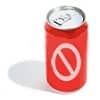 5. Sodas
5. Sodas
Caffeine
per 16oz BottleCaffeine
per 100gCaffeine
per 200 Calories49mg
(12% UL)10mg
(3% UL)49mg
(12% UL)Energy drinks are typically high in sugar, sweeteners, and other artificial additives and should be avoided.
-
 6. Green Tea
6. Green Tea
Caffeine
per 8oz CupCaffeine
per 100g28mg
(7% UL)12mg
(3% UL) -
 7. Black Tea
7. Black Tea
Caffeine
per 8oz CupCaffeine
per 100g26mg
(7% UL)11mg
(3% UL) -
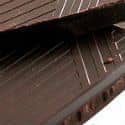 8. Dark Chocolate
8. Dark Chocolate
Caffeine
per 1oz SquareCaffeine
per 100gCaffeine
per 200 Calories24mg
(6% UL)86mg
(22% UL)30mg
(7% UL)- Cocoa powder provides 198mg of caffeine per cup
- Hot cocoa provides 5mg per cup
-
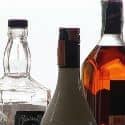 9. Coffee Liqueur
9. Coffee Liqueur
Caffeine
per 1.5oz ShotCaffeine
per 100gCaffeine
per 200 Calories14mg
(3% UL)26mg
(7% UL)15mg
(4% UL) -
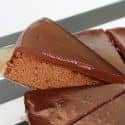 10. Chocolate Cake with Frosting
10. Chocolate Cake with Frosting
Caffeine
per SliceCaffeine
per 100gCaffeine
per 200 Calories8mg
(2% UL)6mg
(2% UL)3mg
(1% UL)Other baked goods containing caffeine include chocolate cake, chocolate-coated cookies, and anything with chocolate frosting.
Printable One Page Sheet
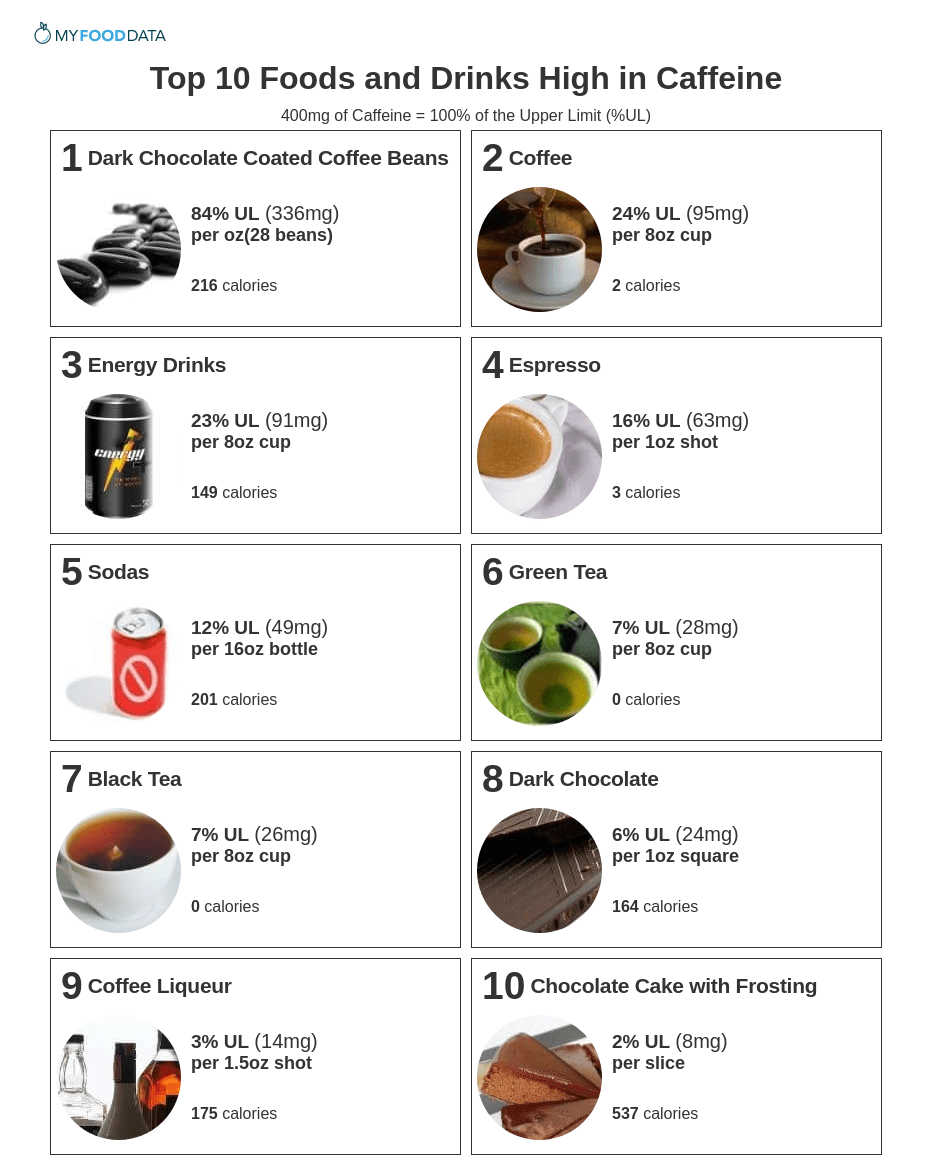
From the Nutrient Ranking Tool
Use the ranking tool links below to select foods and create your own food list to share or print.
- Foods High in Caffeine
- Foods Low in Caffeine
- Vegetarian Foods High in Caffeine
- Breakfast Cereals High in Caffeine
View more nutrients with the nutrient ranking tool, or see ratios with the nutrient ratio tool.
Related
Data Sources and References
- Wierzejska R. Dietary sources, health benefits, and risks of caffeine Rocz Panstw Zakl Hig. 2012;63(2):141-7. 22928360
- O'Keefe JH, Bhatti SK, Patil HR, DiNicolantonio JJ, Lucan SC, Lavie CJ. Coffee for Cardioprotection and Longevity J Am Coll Cardiol. 2013 Sep 17;62(12):1043-1051. doi: 10.1016/j.jacc.2013.06.035. Epub 2013 Jul 17. 23871889
- Higdon JV, Frei B. The Impact of Coffee on Health Crit Rev Food Sci Nutr. 2006;46(2):101-23. doi: 10.1080/10408390500400009. 16507475
- Wierzejska R. The Safety of Ingested Caffeine: A Comprehensive Review Rocz Panstw Zakl Hig. 2012;63(2):141-7. 22928360
- Mackus M, van de Loo AJAE, Benson S, Scholey A, Verster JC. Caffeine in the Diet: Country-Level Consumption and Guidelines Appetite. 2016 Aug 1;103:353-357. doi: 10.1016/j.appet.2016.04.038. Epub 2016 Apr 30. 27142708
Try the recipe nutrition calculator, or daily meal planner.
Create a free account to log and track foods.

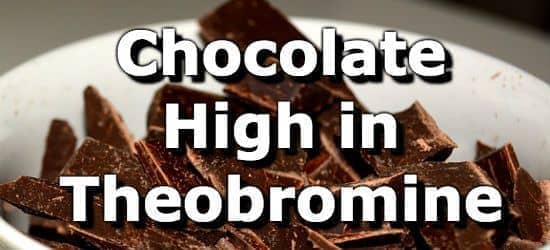 Next ➞
Next ➞